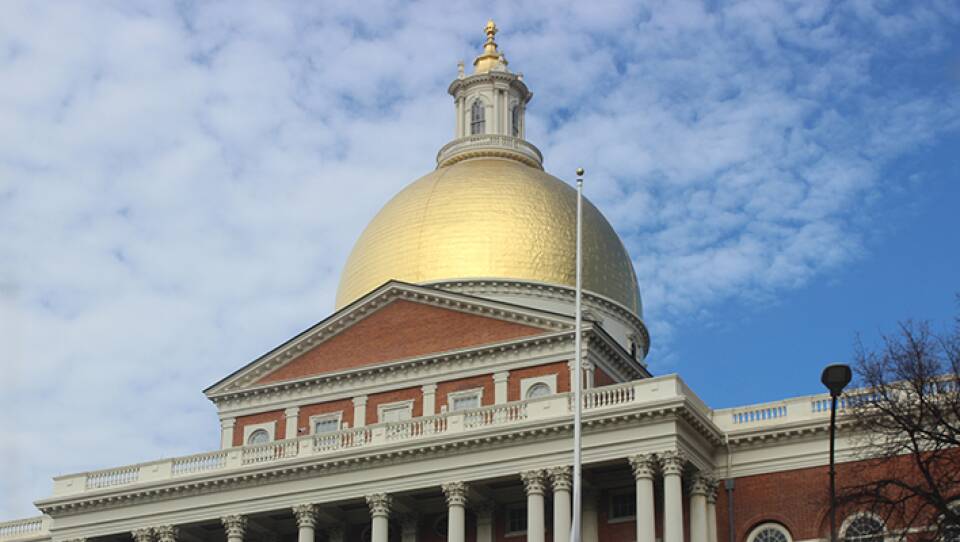House leaders acknowledged Thursday they will need to put a temporary budget in place for July as talks around the full annual spending plan continue, but said whether that happens Thursday could depend on where talks with the Senate stand.
Fiscal year 2026 begins Tuesday, July 1 and Massachusetts has not had an annual state budget signed into law before the start of the fiscal year since 2010. Instead, lawmakers generally adopt an interim budget (sometimes known as a one-twelfth budget because it is meant to cover state spending for about a month at a time) to buy themselves time to finish negotiations, and to account for the 10 days of review the governor is constitutionally guaranteed.
After a caucus of House Democrats on Thursday, Ways and Means Chairman Aaron Michlewitz said he and Senate Ways and Means Chairman Michael Rodrigues have been working “around the clock, going back and forth” in hopes of having a budget agreement that the House and Senate could adopt by Monday.
“But as you’ve seen in the past, we’ve not always hit that mark,” Michlewitz said. He added, “It doesn’t prevent -- you know, this isn’t Washington. We don’t have government shutdowns. We do the one-twelfth if we need to and keep negotiating until we get to an agreement. But the the hope is to get it done by, to send it to her by July 1 and hopefully enjoy the Fourth of July.”
Gov. Maura Healey on Monday filed a nearly $7.5 billion interim budget, and the House on Thursday morning referred that to Michlewitz’s Ways and Means Committee. Asked after caucus if the House’s plan is to get that interim budget into place Thursday, the chairman said it could depend.
“We’re looking at that. And I think a lot will depend on how close we are with the negotiations,” he said.
House Speaker Ronald Mariano then chimed in, “The issue is she needs the 10 days for vetoes. So no matter when we do it, we need a one-twelfth budget.”
Rodrigues said Thursday that he is more concerned with “getting the budget right” than he is with getting it done by July 1.
“The world doesn’t end come July 1. Bills get paid. It happens ... it’s our goal, but our first priority is making sure we get it done right,” he said.
Alison Kuznitz contributed reporting.




